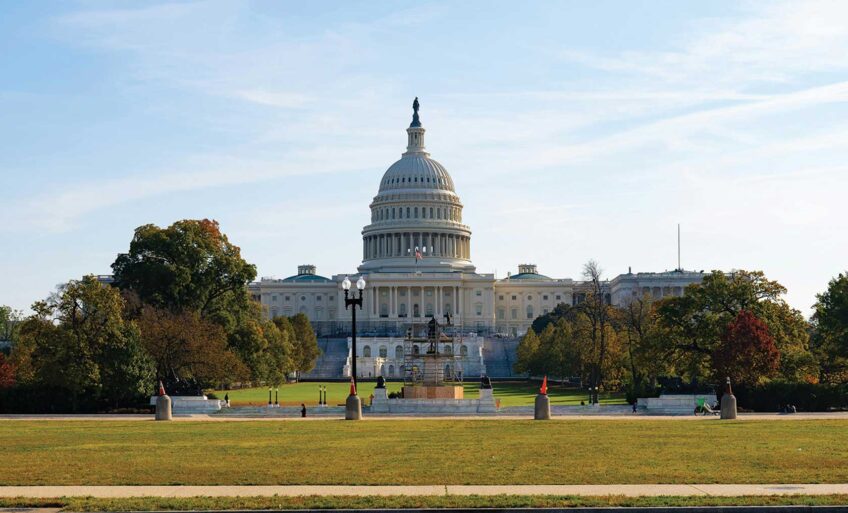How Black leaders and professional organizations are reshaping ‘Black Jobs’
“I love my Black job.”
– Simone Biles, three time Olympian, most decorated gymnast in history
In recent weeks, the discussion around what constitutes a “Black job” has reignited a critical conversation about race, identity and the workforce. The term has been used to describe jobs perceived as lower-paying or less desirable, typically occupied by Black workers. However, it is vital to shift this narrative and recognize the substantial contributions Black professionals make across all sectors. Let’s talk about what a “Black job” is – and isn’t.
Unfortunately, there is still a false narrative around the skill and capability of Black professionals and the value of our jobs. Yes, too many Black professionals hold jobs that are lower-paying, and yes, Black professionals have fewer opportunities for advancement. This has nothing to do with skill, work ethic, or desire. Rather, this stereotype is born out of the cyclical results of poor education options, historical efforts to stifle Black participation in the economy and racism driven disruptions to Black communities and families. More importantly, the same stereotype ignores the achievements of countless Black leaders who have broken barriers and excelled in high-paying jobs and leadership positions.
In fact, in The National Black MBA Association (NBMBAA), our membership of greater than 12,000 continues to defy the stereotype of the recently denigrated “Black job.” More than half of our membership holds MBAs and another 40 percent hold a bachelor degree or masters. With more than 15 years of work experience under their belts, nearly 60 percent of our membership are veterans in their fields.
These are Black professionals who are committed to professional and personal advancement. These are also Black professionals who seek and secure more advanced career opportunities in management and senior leadership. With more than 40,000 professionals in our network and 35 chapters nationwide, NBMBAA plays a crucial role in dismantling the outdated notions of what jobs Black people should or should not hold by providing the resources, networks and opportunities necessary to achieve success in any field.
One place where Black professionals excel is in entrepreneurship. According to a 2022 Annual Business Survey, Black-owned firms employed about 1.4 million people. These businesses collectively paid $53.6 billion in annual payroll. More than 45,000 of these businesses were in the Health Care and Social Assistance sector. The second-largest sector was the professional, scientific and technical services sector.
The conversation around “Black jobs” must evolve. It is not enough to simply reject the term; we must actively work to change the narrative by highlighting the success stories of Black professionals who are breaking barriers and setting new standards in their respective fields. From medical practices and healthcare services to sanitation and the C-suite, Black representation in a variety of industries continues to grow. Black people are governors, local, state and federal legislators and vice president and president of the United States. We serve as lawyers, doctors, district attorneys, judges and U.S. Supreme Court justices. Black people are educators, college professors and administrators and school board members nationwide. We are also Olympic gold medalists. Name an industry and Black professionals are there leading the way.
The challenges we face are significant, but so too are the opportunities. By continuing to invest in our community, NBMAAA, and organizations like ours, will continue to reframe the narrative around “Black jobs.” It will no longer carry any negative connotations. Instead, it will be a term synonymous with leadership, excellence and success.
I’m glad Simone Biles loves her Black job. Let us know if you love yours too!
Henry Beecher Hicks III is the president and CEO of the National Black MBA Association.






